Internal emails and documents obtained by the Maroon through Freedom of Information Act (FOIA) requests, along with new interviews and anonymous accounts, have revealed additional details about how the University administration, police, and local politicians responded to protest activity during and after the encampment.
These new sources reveal the tensions the University faced as it turned to the Chicago Police Department (CPD) and the courts for support outside of its own disciplinary policies in quelling what it deemed disruptive conduct.
One year ago this week, UChicago United for Palestine (UCUP) launched its “Popular University for Gaza” protest encampment on the main quad, erecting tents and artwork across a gradually expanding footprint. After nine days on the quad, the encampment was dismantled by the University of Chicago Police Department (UCPD) in the early hours of May 7, 2024.
UCUP did not respond to requests for comment by time of publication.
According to a person with knowledge of the matter, University of Chicago Chief of Police Kyle Bowman did not make the final decision about whether to raid the encampment; the University, with the advice of UCPD, made that determination.
President Alivisatos wrote in a Wall Street Journal op-ed on May 7 that, although he did not take “immediate action against the encampment… when I concluded that the essential goals that animated those demands were incompatible with deep principles of the university, I decided to end the encampment with intervention.”
Just after midnight, encampment organizers wrote in their Telegram channel, “We have received credible information that police WILL be carrying out a raid against the UChicago encampment in the coming hours.” Hours before the raid, Illinois State Senator Robert Peters and two city hall reporters wrote on X that a police raid was likely to occur in the early hours of May 7.
According to persons with knowledge of the matter, UCPD had postponed the raid until later that night because encampment participants had learned about the original time of the planned raid, allegedly through the Chicago Office of the Mayor.
UCPD was concerned that, if protesters knew in advance about the raid, they would lose a tactical advantage and potentially face a more dangerous situation, according to a person with knowledge of the situation.
Neither the Mayor’s Office nor CPD responded to requests for comment by time of publication.
The University declined to answer specific questions about why UCPD had postponed the raid and what the security concerns were that led to this decision.
Just after 4 a.m. on May 7, UCPD officers drove police cars onto the quad and informed those at the encampment that “the University of Chicago [did] not permit their assembly in this area,” and that they were “hereby notified that [they were] committing criminal trespass by remaining on… private property without permission.”
According to a person with knowledge of the matter, UCPD had planned for arrests during the raid in the event that encampment participants refused to leave.
The University declined to comment about this plan.
Internal emails obtained by the Maroon through a FOIA request show that Bowman asked CPD as early as May 3 about what support they would be able to provide in the event of escalation, including for prisoner transportation. The emails also indicated that the raid was initially planned for May 4.
At 5:14 p.m. on May 6, 11 hours before the raid would begin, Bowman emailed CPD Director of Community Policing Glen Brooks asking for assistance.
“As we discussed, are [sic] goal is to gain voluntary compliance in getting individuals to leave,” Bowman wrote. “The University has communicated that the activity is not permitted and after asking individuals to disband and clear the area has directed us to address the trespassing issue.”
Bowman continued: “If [CPD is] unable to provide direct assistance to the encampment area, we would ask that you increase patrol in the arear [sic] off campus that we would normally call out [sic] extended patrol area.”
The request was sent shortly after a meeting between the University, CPD, and City of Chicago leadership. Bowman, CPD Chief of Staff and former General Counsel Dana O’Malley, Deputy Mayor of Community Safety Garien Gatewood, and UChicago Associate Vice President for Safety & Security Eric Heath were all in attendance.
At 9:46 p.m., Brooks declined Bowman’s request for direct support, citing “the constraints of the UCPD’s operational tempo.”
“[W]e are unable to meet the public safety requirements necessary to provide resources beyond our operational patrol units. Please note that, as always, our district patrol resources are available for emergencies and officer safety incidents,” Brooks wrote.
A person with knowledge of the matter noted collaboration between CPD and UCPD has sometimes generated tension due to disagreements about their respective responsibilities.
The University declined to answer specific questions related to the typical nature of coordination between CPD and UCPD or how the encampment impacted that working relationship.
A final briefing was scheduled to take place at 2 a.m., two hours before the raid, according to the emails between Bowman and Brooks.
Ultimately, 12 Cook County Sheriff’s Officers stepped in to coordinate traffic and provide crowd control during the raid, according to documents obtained by the Maroon through FOIA. No CPD officers were present on campus during the raid or its aftermath.
This piece was produced by the Maroon’s Investigations team, whose members are Celeste Alcalay, Evgenia Anastasakos, Elena Eisenstadt, Gabriel Kraemer, Zachary Leiter, Tiffany Li, and Nathaniel Rodwell-Simon.








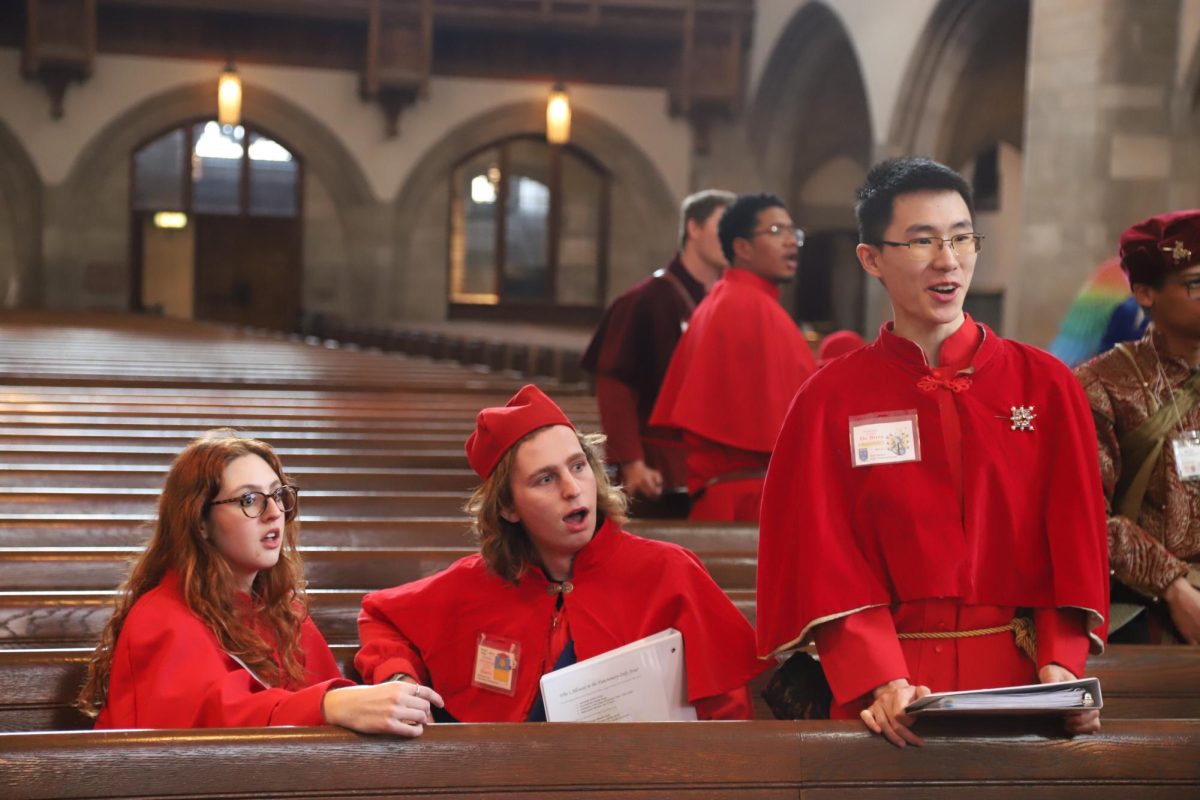
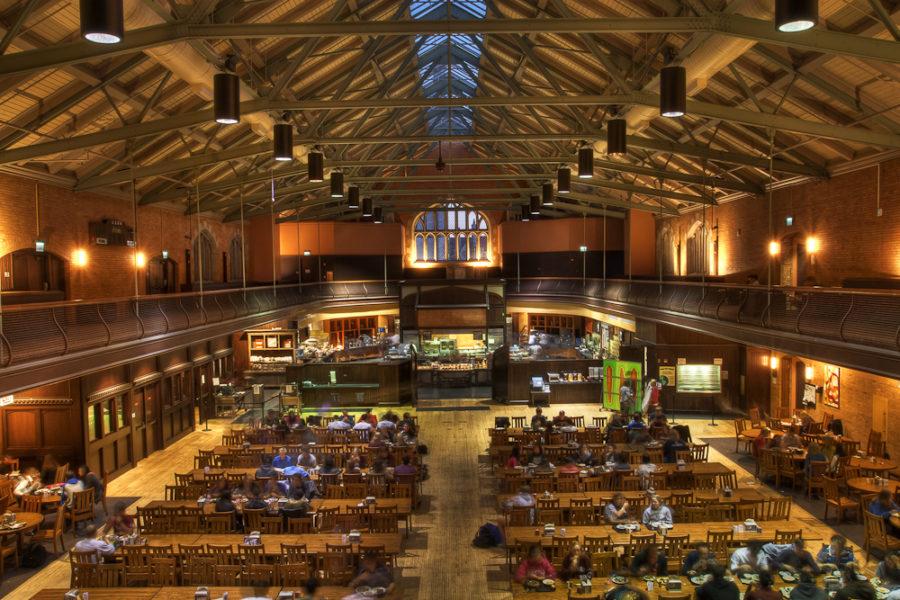

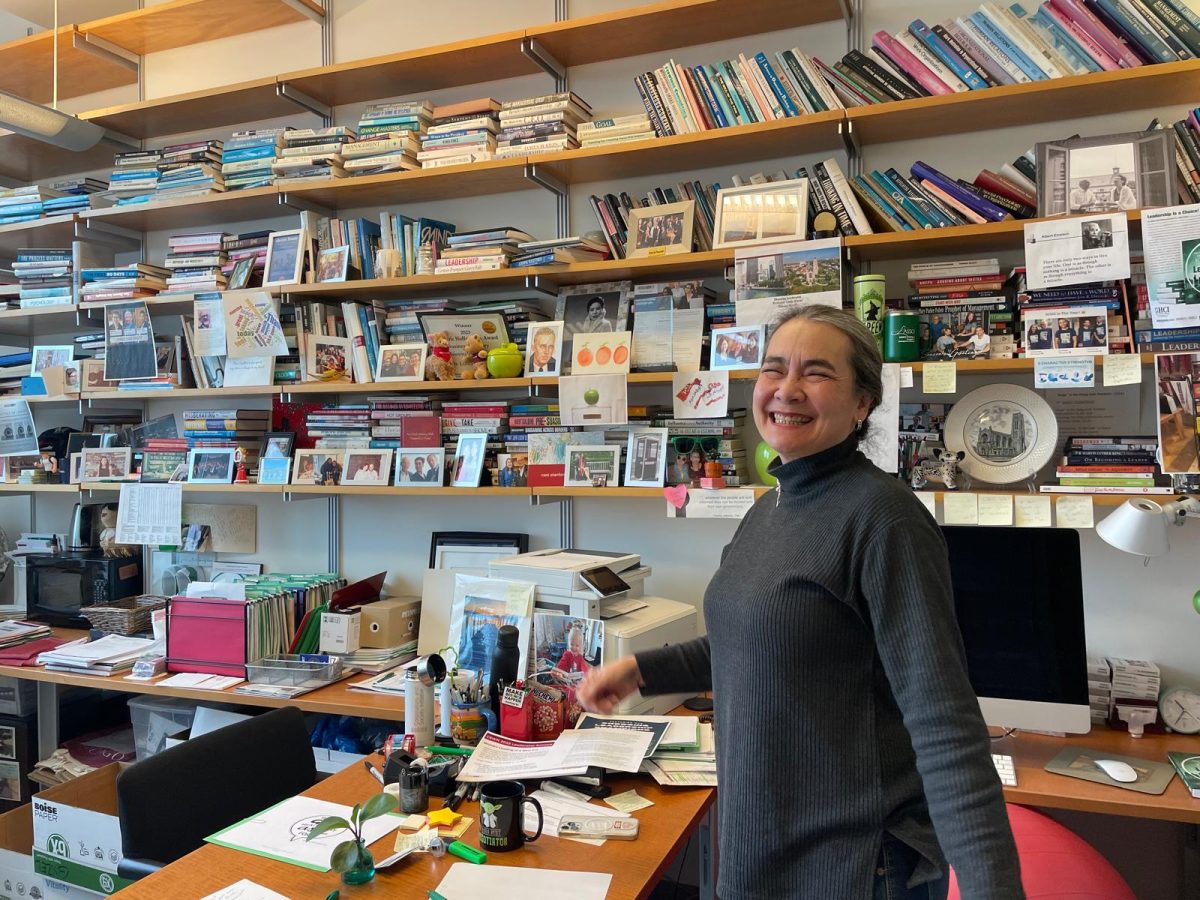




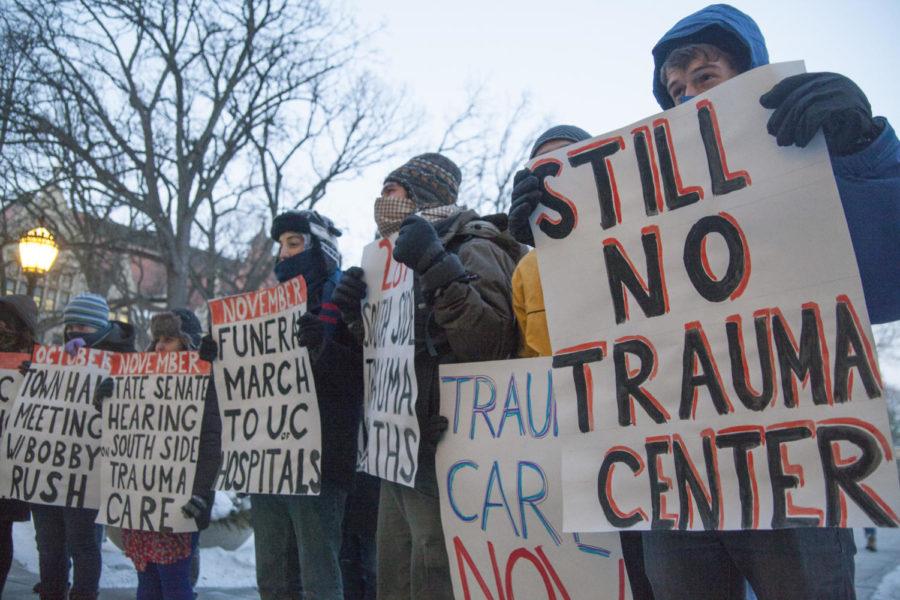
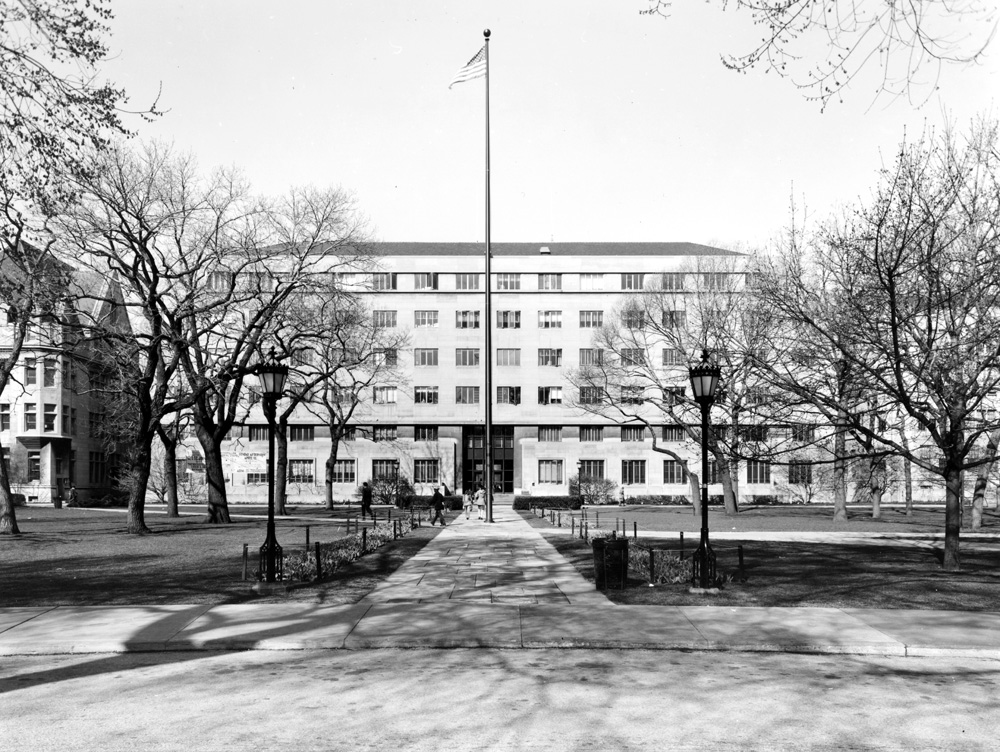
Nick Mach / Apr 30, 2025 at 5:20 pm
Reading all of these articles in the Maroon, one cannot help but be reminded of The Treason of the Intellectuals (1927), by Julien Benda.
Benda warned that when intellectuals abandon universal values like truth and justice to serve political ideologies, they betray their essential role in society. This critique resonates today amid debates over “wokeism” and Marxist influence in U.S. Academia.
Key takeaways from Benda’s work:
Intellectuals Must Transcend Politics
Benda argued that scholars should pursue truth, not activism. Critics of academic “woke” ideology claim many professors now push political agendas over objective inquiry—echoing Benda’s idea of betrayal.
Ideology Over Truth Erodes Scholarship
When intellectuals adopt rigid ideologies, truth becomes secondary. Some say this is evident in departments dominated by identity or Marxist frameworks, where dissent is discouraged.
Moral Absolutism Breeds Intolerance
Benda criticized political moralism that stifles open debate. Today, critics argue that activist causes—like rigid anti-racism doctrines (hypocritically, that are fully racist)—can suppress intellectual diversity.
Politicized Education Weakens Democracy
Benda feared intellectuals stirring emotion instead of reason. Likewise, some say universities now prioritize activism over critical thinking.
Progress Needs Reason, Not Zeal
Benda supported Enlightenment values and feared ideology would undermine them. Critics argue that unchecked activism is eroding public trust in higher education.
Given these principles, Harvard and all of the rest of the targeted Universities should lose ALL Federal funding. These private institutions are free to indoctrinate anti-antisemitism, lunatic woke ideology, DEI (read: racial discrimination), but not with a dollar of Federal funding. Let them keep drinking their own intellectual poison, time will take care of the rest.
The University of Chicago is right to steer clear of this mess, but The Treason of the Intellectuals inside The University of Chicago also need to be dealt with expeditiously.
Kathy Boudin / Apr 30, 2025 at 1:09 am
UChicago is the best school in the country! We handled this so well!
do better / Apr 29, 2025 at 4:25 pm
why not post the actual emails? useless article